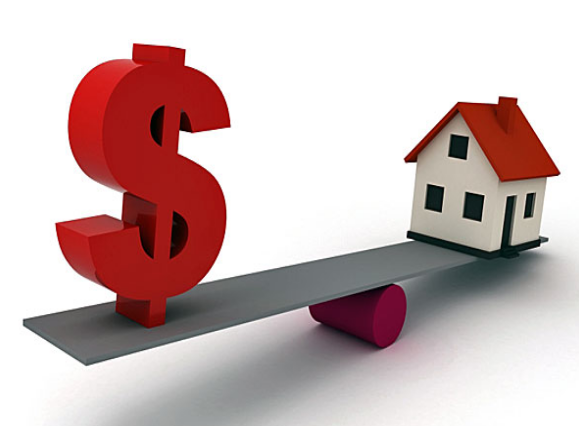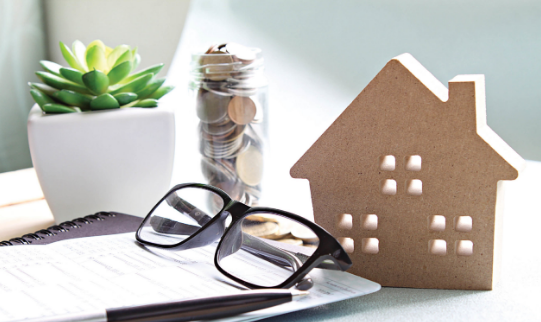It’s a big business to sell a house. And if you want to ease the process while maximizing profits, it’s necessary to plan.
Are you thinking in the near future of listing your house? Before going on, make sure you ask yourself these 8 important questions.
1. When is the best time of year to sell a house?
You can sell your home any time of the year, but there are definitely a few months and even particular days when selling is simpler, cheaper, and more lucrative. Generally, spring and summer are the hottest homebuying seasons of the year, although sales slow it down as we get into fall and winter.
Today, real estate is a very regional industry, and it really depends on your business and your unique situation as a homeowner for the best time to sell. You’re going to want to think:
- How is real estate in my area in demand? Is it the market of a buyer or a seller? When you place it in the market of a seller, you can maximize profits and minimize your home’s time on the market.
- How much was my mortgage loan paid down? The more you have paid off, the more profits you are able to gain.
- How financially comfortable am I? It doesn’t come free to sell a home, nor does it buy a new house (if it’s on the agenda). Make sure that you have the money to cover the expenses that will come with your purchase.
- What are the conditions of the local market? Before deciding to list your home, you may consider gauging local market trends such as the number of active listings or median selling price.
2. How long is selling my house going to take?
Time to sell depends on where you are located and the local housing market conditions. You can also play a role in your listing price, your home condition, and you (or your agent’s) marketing and staging prowess.
3. How much is the value of my house?
There are two major factors that determine the value of your home: it’s quality and the level of demand for homes like it. Your best bet is to look at comparable sales in order to gauge what your home would command on the open market. Make sure that they are of the same size and condition as yours.
These are also called “comps,” which would be used by a real estate agent to determine the appropriate price for your home.

4. How much does selling my house cost?
Selling a house involves a lot of expenses. Luckily, most of them, do not need an out-of-pocket fee. Instead, a lot of people come out of your business as they close.
- Commission of your real estate agent (4 to 5%)
- Staging and planning of your house (2%)
- Concessions from sellers (2%)
- Costs for maintenance (varies)
- Price of closure (1 to 2%)
5. Before listing the house, should I do repairs?
Homebuyers often want a “move-in ready” home one that needs little effort or elbow grease before moving in. It applies in particular to younger consumers, 76% of whom believe a ready-to-move home is a must.
For this reason, before putting your home on the market you may want to consider making some repairs. Smaller cosmetic repairs can be a good idea to make your home more valuable and marketable. You have two choices on larger, known issues, such as a damaged roof or a broken AC unit: do the repairs yourself and foot the bill, or change your price accordingly. Some consumers are not going to pay top dollars if they realize that there are growing, expensive projects waiting in the wings.

If you want to get on with the repairs, you may be considering the inspection of a dealer. A home inspector will test the house for potential problems and issues for a few hundred dollars. Then use their study to guide your repair projects that are pre-listed. This can help make your home more marketable, and later it can prevent time-consuming delays in the inspection. Keep in mind that as a result of the inspection, your state may require you to report any problems that may arise.
6. Do I need to use an agent for real estate?
There are advantages and disadvantages of using a real estate agent. First and foremost, the home selling can be managed by a broker. They can list the house, organize photography and displays, market the property, and walk to the closing. They will also have access to local market data that can assist you with the proper price and marketing of your home.
If you choose to use an agent, be sure to thoroughly check them out. Multiple candidates meet and receive feedback from relatives, friends, and colleagues. You should also check previous customer reviews to ensure that they provide the level of customer service that you would like.
7. Where does the inspector from home come in?
You should definitely get a seller’s inspection, as stated before, before selling your house. It may help you better prepare your property to sell, though not all sellers do this.
Even if you do, a home inspection may usually be expected to come into play once you have accepted an offer on your house. The buyer may employ a local inspector to review their house, and they may ask you to compensate them for a few repairs based on the findings of the inspector once they have been completed (this sum will come from your closing proceeds).
You typically do not have to do much from a practical point of view before an inspector arrives. You or your contractor will need to give them access to the house, and you will need to make sure they are able to navigate the entire house — including any closets, crawl spaces or basements.

8. What can I do when my house doesn’t sell?
Your house is not going to sell as easily as you would like. If this happens, the market in which it is that overpriced your home. You should compare your listing price with comparable parties ‘ recent sales and adjust the number accordingly. You may also want to set up your home or make any repairs that might prevent buyers from buying it.
You might be able to switch real estate agents and sell a different way if it’s been a long time. Make sure you choose an agent with a lot of know-how in advertising and local connections. This will further increase the visibility of your home and increase the chance of a successful sale. You could also exclude the home from the market before improvements in local conditions.

